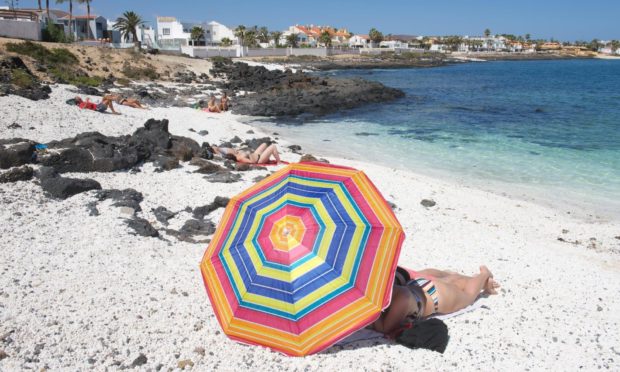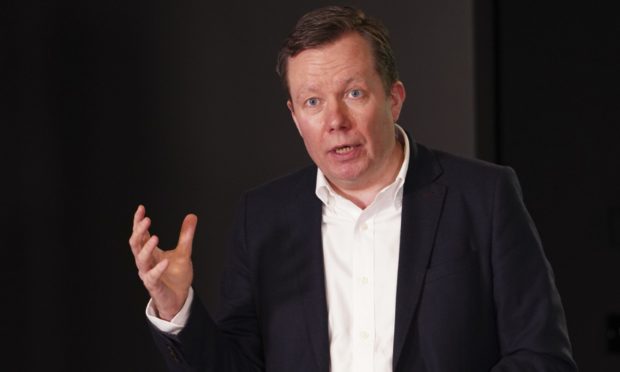Scotland’s national clinic director, Jason Leitch, has said “Covid certification” could “become something that the world needs”.
A digital system to allow people to prove their coronavirus vaccination status is in the works, according to the Scottish Government.
The scheme would mean people in the country would be ready to join an international “vaccination passport programme”.
Speaking on BBC’s Good Morning Scotland, Mr Leitch said calling it a “vaccine passport” would be a “shorthand” and, instead, a “Covid certification” could be useful.
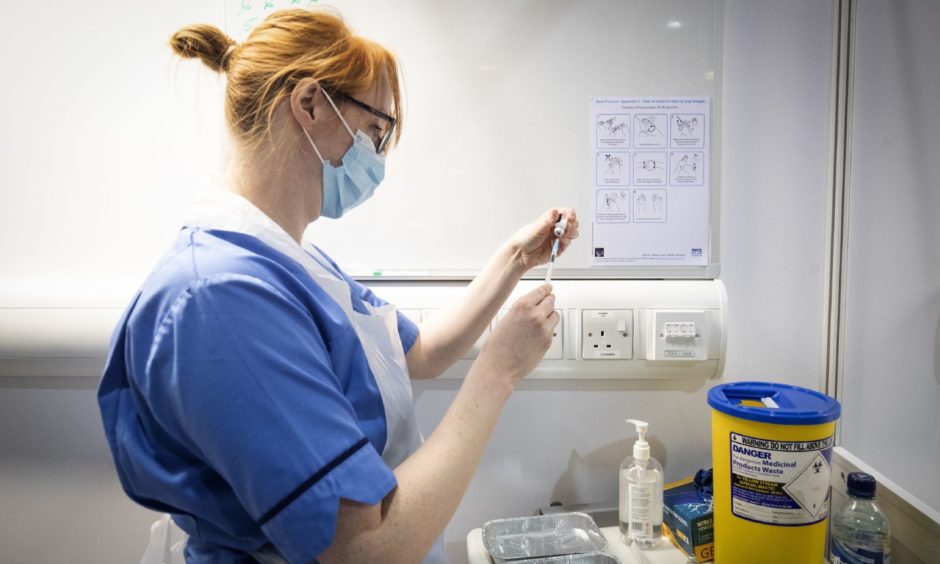
He added: “Everything we know about this disease, and all of the tests and treatments we can do for this disease, and how that might be necessary for the world moving into the next phase – as some countries come out of this second phase.
“Although, tragically, some countries are very very deep in their second wave, like India.
“So, you might need test status. We already need that for getting into the UK, so that Covid certification already exists. That system exists.
“Then, you might add in the vaccine, you might add in antibody testing. So, people who have had the disease.”
Other details, like the person’s address and whether they have contracted the disease previously, could be part of the scheme.
He said this Covid certification is something that the World Health Organisation (Who) is looking into already.
When to expect certification system
When asked how the government would go about proving who has been vaccinated, Mr Leitch answered that people who have received their jab are on the database.
He added that this Covid certification system can’t be “built as quickly as required”.
Mr Leitch said: “Remember, you can’t go anywhere so there’s no reason to have it tomorrow.
“We will work on that digital solution in time for (it) being available. Remember how quickly we made the vaccination programme.
“We went from zero to tens of thousands in days and have continued that process now, and another 50,000 were done yesterday.
“In parallel with that process, so as not to delay it, we’re also working on a digital solution to who’s been tested, who’s been vaccinated.
“But the more important question is: ‘What does that mean?’ – and that’s not really for clinical advice.
“That’s really for policy leaders and politicians, about what it will allow you to do, and the private sector, the airlines and others who will make choices about who they allow on their planes and who they allow into their institutions.”
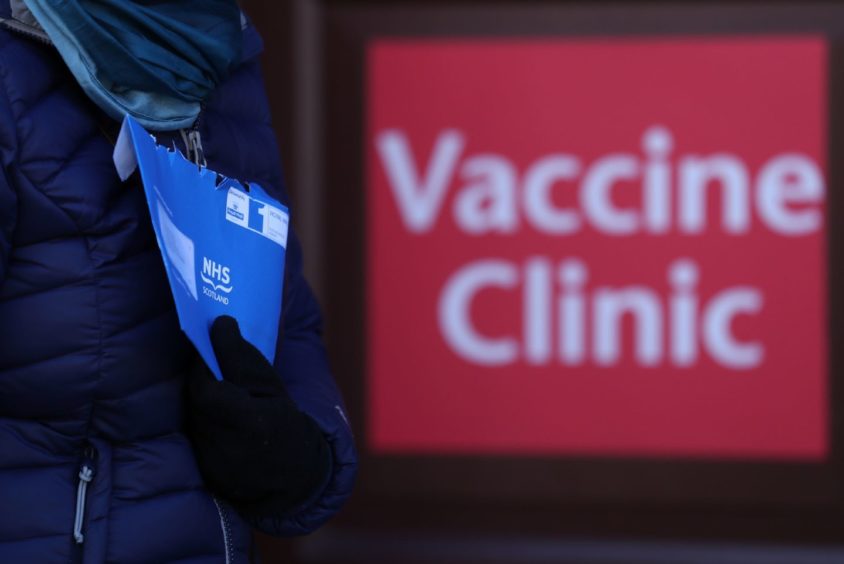
A digital solution is being looked at for the Covid certification, but Mr Leitch said there will be non-digital alternatives.
International travel
With this digital scheme in place, Mr Leitch was asked how quickly people in Scotland could get back to flying and enjoying destination holidays again.
The national clinical director explained there are “layers” to reintroducing safe travel.
He said: “As well as Covid certification, there’s also the whole travel restriction challenge.
“And that’s about travel corridors being reintroduced slowly and safely as time passes.”
Mr Leitch brought up Australia and New Zealand as examples, where the two countries have “pretty much no cases now for a period of months”.
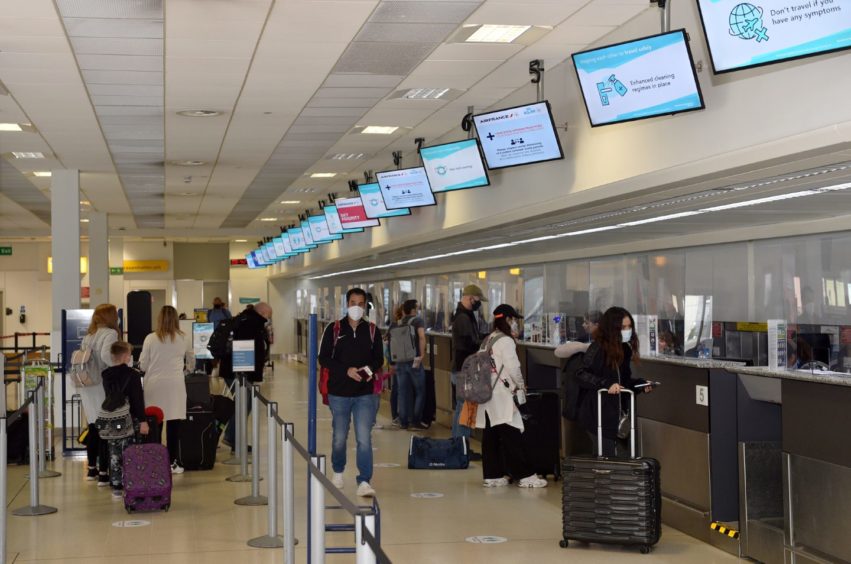
He added: “If the UK and Spain reach that same level, the health advice would be ‘yes, that’s okay’.
“But you would have to secure the border of Spain and secure the border of the UK because those two places of low incidents, they can travel.
“The difficulty here, on this side of the world, where we live very close to our European neighbours and they live in a mainland – it’s difficult to secure your border against places of high prevalence.”
As for international leisure travel this summer, Mr Leitch said it would be “challenging” but hopes that “some of it might exist”.
He added: “I think it will be gradual. I don’t think it will be suddenly that we’re all back to normal. All bets are off, we can go to the beach.
“It’s crucial both for individuals and society, but it’s also crucial for the industries that rely on that travel.”
Mr Leitch said although as a country there is a desire to get back to travelling abroad, he reminded the public about the ongoing situation in India.
More than 310,000 coronavirus cases were recorded in India, which set the global record for Covid-19 infections.
He added: “Massive cases in Estonia, Hungary and Bulgaria. France is still struggling.
“So, we’ve got to be careful. We don’t want to burst what we’ve achieved.”
